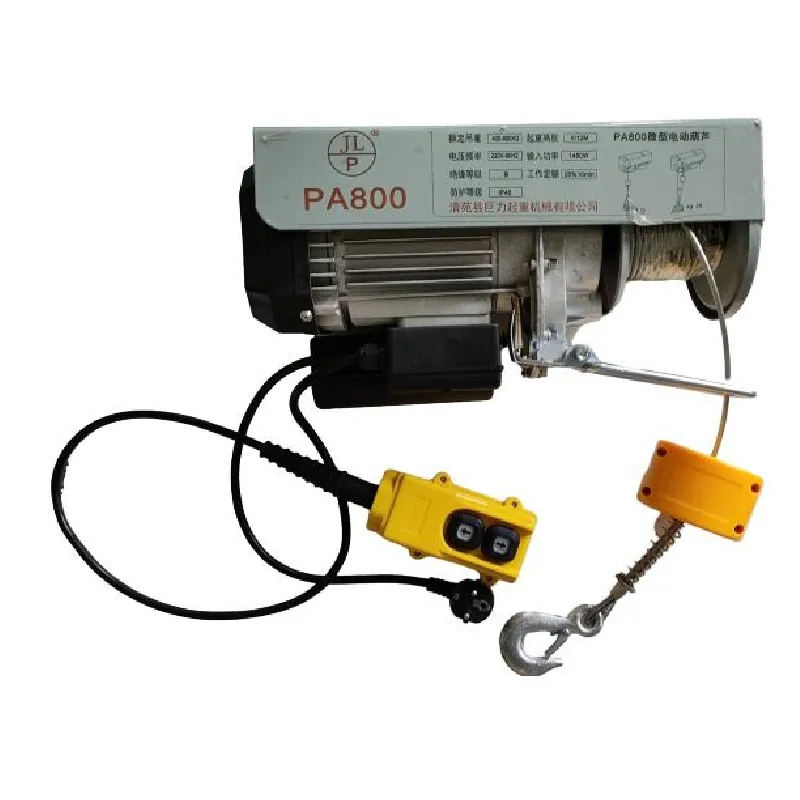


Understanding Crane Scale Prices Factors and Considerations
Crane scales are essential tools in various industries for accurately measuring the weight of heavy loads. They are particularly popular in sectors such as shipping, construction, and manufacturing. As the demand for efficient weight measurement increases, it becomes crucial for businesses to understand the pricing dynamics of these industrial instruments. In this article, we will explore the various factors that influence crane scale prices and offer insights for potential buyers.
1. Type of Crane Scale
One of the primary factors affecting the price of a crane scale is its type. There are different varieties available in the market, including digital crane scales, mechanical crane scales, and wireless crane scales. Digital crane scales are generally more expensive due to their advanced features, such as precise measurements and digital readouts. On the other hand, mechanical scales, although more affordable, may lack the accuracy and additional functionalities that businesses may require.
2. Weight Capacity
The weight capacity of a crane scale is another critical element that influences its price. Crane scales are designed to handle specific weight ranges, and those with higher capacities typically come with a higher price tag. For example, a scale capable of measuring loads up to 10 tons will naturally cost more than one that measures only up to 2 tons. Businesses need to consider their maximum load requirements when selecting a scale, as opting for a scale with too low a capacity could lead to malfunctions and inaccuracies.
Accuracy is a paramount feature of any weighing instrument, especially in industrial settings. Scales that offer higher precision and lower tolerances are often priced higher. For instance, a scale that provides a variation of ±0.1% in weight measurement is generally more expensive than one with a tolerance of ±0.5%. Industries such as pharmaceuticals, where precise measurements are critical, may justify the extra cost for a more accurate crane scale.

4. Material and Durability
The materials used in the construction of crane scales can also dramatically affect their prices. High-quality materials, such as stainless steel or reinforced alloys, enhance durability and resistance to environmental factors. Scales designed for harsh conditions—like outdoor settings or exposure to corrosive substances—tend to be more expensive due to their specialized design and materials. Businesses must balance their budget with the need for a durable device that can withstand their operational environment.
5. Brand Reputation
Brand reputation is another significant determinant of the price of crane scales. Established manufacturers with a history of reliability and product quality are likely to charge more for their products. Investing in a well-known brand often provides the added benefits of better customer support, warranty options, and proven durability. However, it’s essential to research various brands and read user reviews to ensure that you are getting the best value for your investment.
6. Additional Features
Many modern crane scales come equipped with extra features like remote control, data logging, and Bluetooth connectivity, which can enhance functionality but also increase the price. Businesses should consider which features are essential for their operations. For example, a company that requires frequent data recording may find a scale with data logging capabilities worthwhile, despite the higher initial cost.
Conclusion
The price of crane scales can vary widely based on multiple factors including type, weight capacity, accuracy, material, brand reputation, and additional features. For businesses looking to purchase a crane scale, it’s crucial to assess their specific needs and budget before making a decision. By understanding these aspects, they can ensure they invest in a crane scale that meets their operational requirements while providing good value for money.



